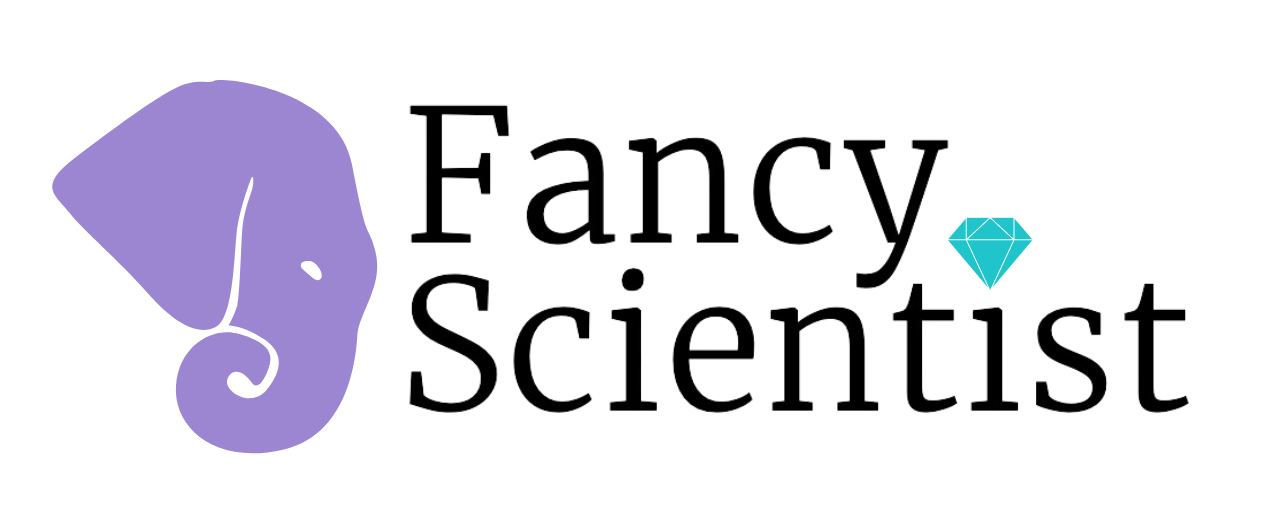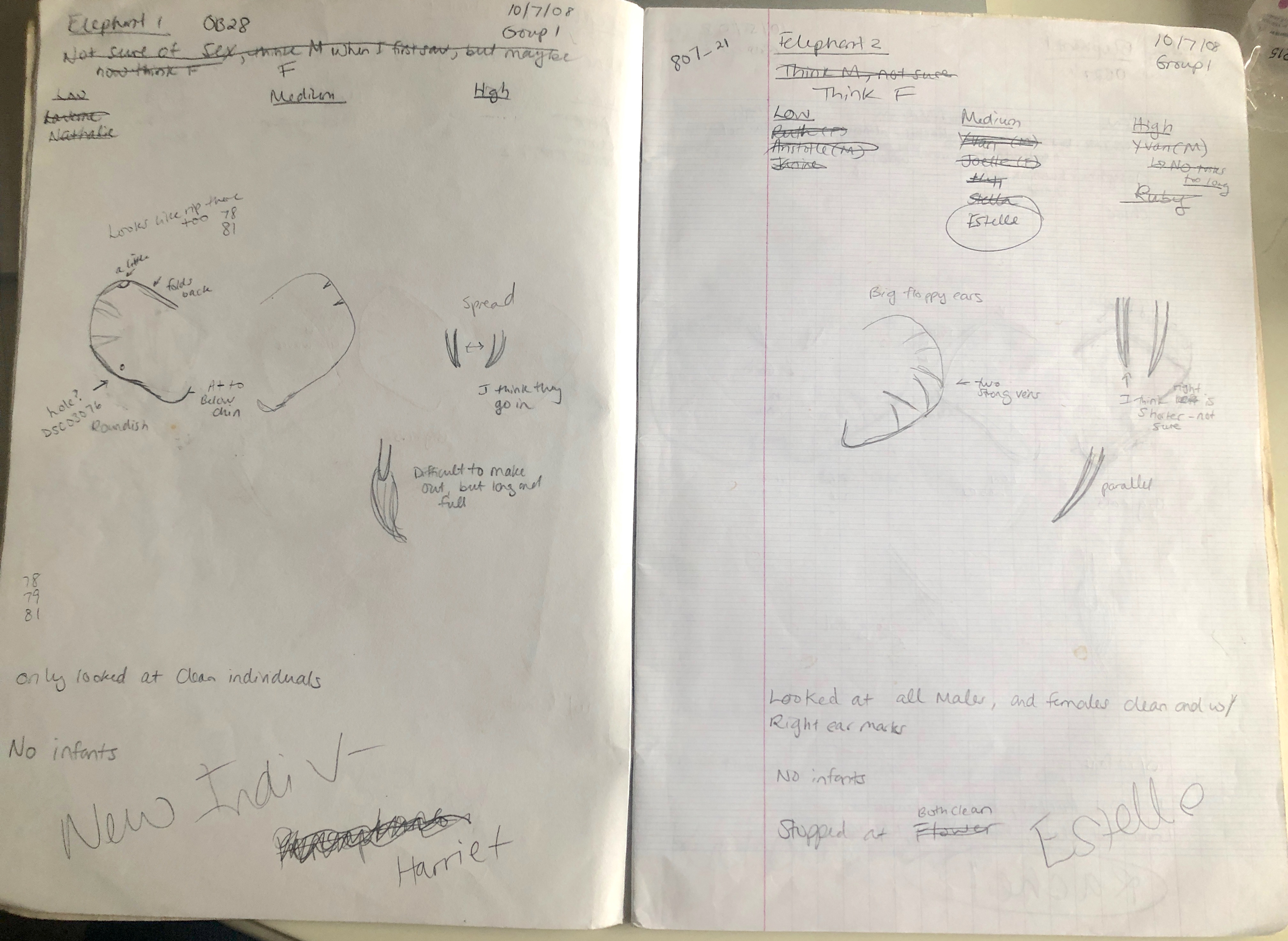A big part of my dissertation research was identifying individual elephants, a painstaking process that took months of my time. Whenever I would see elephants in the field, I would take as many photos as possible to store on my computer for later identifications. Their diagnostic characteristics were too nuanced, and there were too many elephants in the population to properly ID on sight.
I would first organize my photos into folders of individuals, and then sort them by tusk size and ear tears. Within each group, I compared every elephant against one another. For those that didn’t have ear tears, I would look at their veins, which hold unique patterns akin to our fingerprints.
This would take months of work: drawing ear patterns, adjusting photo settings to make veins more pronounced, staring at dozens of ears side by side on my computer screen to sure each a new individual didn’t match to any I had seen before.

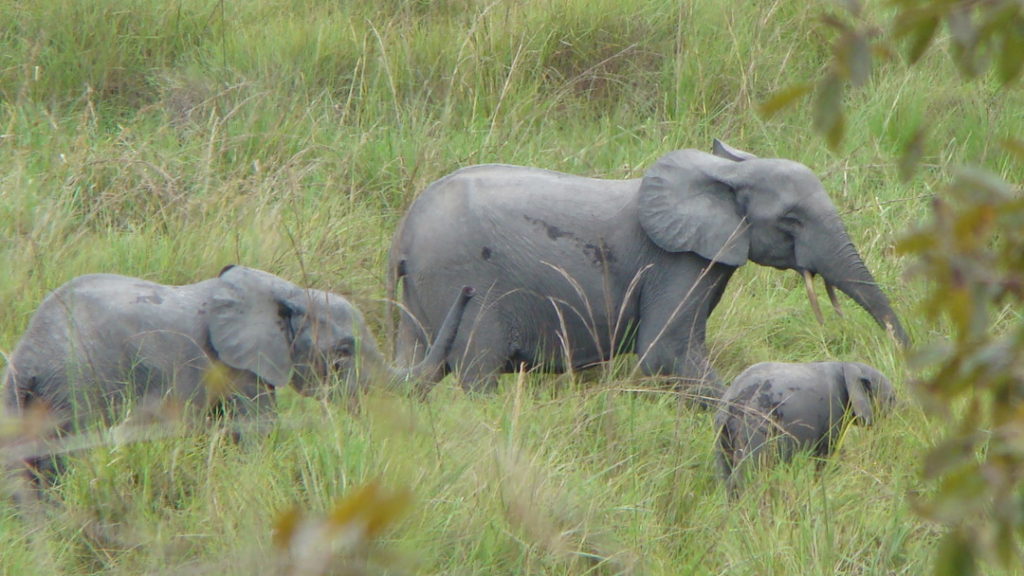
Now, I spend my hours observing animal photos by expert-reviewing volunteers’ identifications from camera traps, making sure a grey fox is really a grey, and not a red or a coyote.
One can easily get bogged down from such identifications. The benefits of working with volunteers is that they set cameras all over the state, and in my case, the world, contributing hundreds or thousands of photos from a single deployment. Multiply that by even dozens of volunteers and you quickly accumulate thousands of photos to go through.
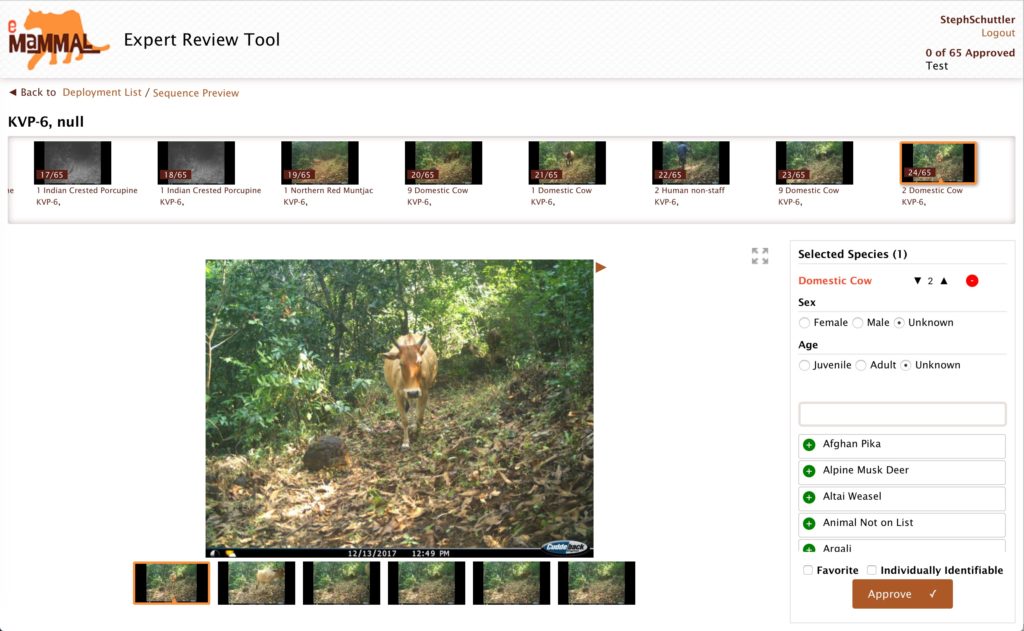
We desperately need new technologies and welcome automation in science for animal identifications, both to the species level and for animals that can be identified to the individual through spots and stripes.
I am part of Wildlife Insights, a platform that will automate species identifications for camera traps – separating out wildlife from humans and blank photos, and identifying species using the power of AI. This will collectively save scientists hundreds of thousands of work hours. Likewise, programs already exist to identify individual animals from some species, such as Grevy’s zebras, giraffes, whale sharks, and even savanna elephants, which are easier to separate into individuals because of more prominent ear tears.
While we desperately need these technologies as we are constantly backlogged by data, I often find myself wondering what will happen to scientists when automation in science is fully implemented?
The topic of “mindless” research work came up in a class that I am sitting in on. As one student described the workload burden of running thousands of samples in the lab, they also mentioned how much they liked it. Others echoed back with similar supportive statements, that these activities give their mind a chance to breathe, a chance to pause, almost like a meditative break.
I felt the same towards my own lab work when my research involved genetics, and now when expert-reviewing animals. I plan these repetitive activities in the afternoon after I spend mornings writing manuscripts or analyzing data, when my brain needs a break. These activities require a lot of attention, thought, and decisions.
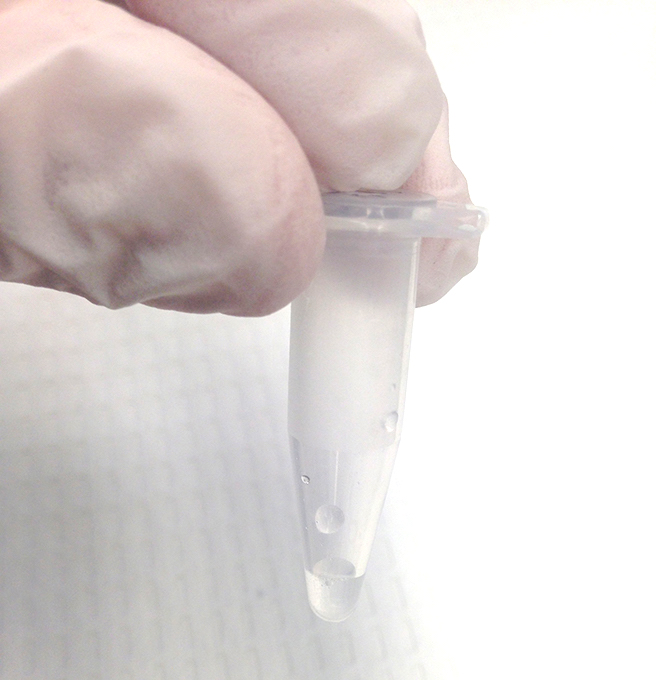
Scientists are already burnt out from working too many hours on too many projects. They also have to work hard at being good at lots of different things (statistics, coding, teaching, science communication, outreach, writing grants). We’re spread too thin. Taking breaks is generally looked down upon in academia, even forms of self-care like exercise. These “mindless” research activities are an acceptable form of rest because you are still working.
I can’t imagine scientists working less hours or taking long breaks, but I wonder if without mindless activities, quality of work will go down. Sometimes when I force myself to work harder and longer, I find myself staring at the same paragraph for hours, moving things around, changing words, whereas if I leave it until the next morning after a long sleep or after a long bout of expert review, I can crush it in 30 minutes.
Or maybe quality of work will stay the same? Because if we push ourselves all the time, it won’t result in better or faster work, but just longer periods of staring at the screen?
But the expectations will definitely accelerate, which I worry, will continue to affect the quality of our lives negatively. Anxiety and depression are rampant in science. Competition is harsh, and you can never work enough. How much worse will it get when the practices that slowed science down are no longer there?
I’m certainly not arguing against automation. I welcome it, and I need it. And for a very long time there will be some species that need to be verified by the human eye allowing me to do expert review. But I also think we need to reevaluate what our work lives will look like when it comes.
For more details on how to identify forest elephant individuals, read “How to Tell Individual Elephants Apart.”
Love this post? Share it with friends!
